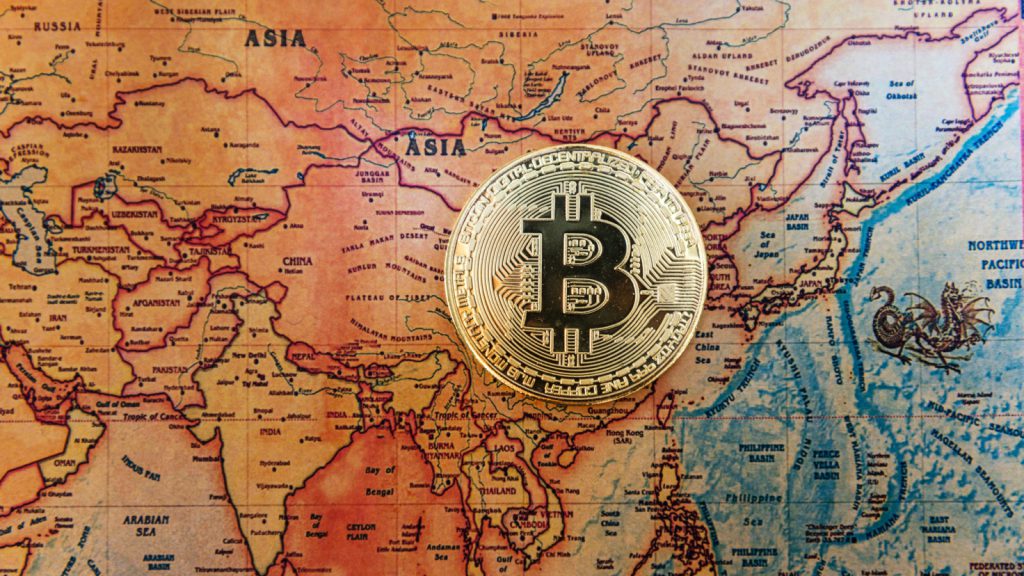Early this February, crypto exchanges such as Crypto.com and Gemini announced new regulatory measures in compliance with the Travel Rule — a set of value transfer requirements laid out by the Financial Action Task Force. The travel rule has been incorporated by the Monetary Authority of Singapore (MAS) as part of the Payment Services Act (PS Act).
As per this rule, users will be required to provide additional information for both outgoing and incoming digital token transfers.
Up till now, such transfers could be made simply by providing a wallet address. However, going forward, crypto exchanges will ask for details such as the names of the involved parties.
If the transaction value exceeds S$1,500, other details such as the identification number and residential address of the sender will also be required.
This rule will apply regardless of whether the transaction is being conducted with a decentralised wallet or with another crypto exchange.
When will the travel rule go into effect?
Since January 2020, the travel rule has been applicable to all crypto exchanges in Singapore with a payment services license.
In reality though, most exchanges in the country are still operating under exemption while their license application is under review. As such, they aren’t required to introduce the travel rule requirements yet.

Crypto.com plans to roll out measures over the course of 2022, in its effort to become fully compliant. As part of the first phase, users will need to provide the following: the name of the party whom they’re transacting with, and whether the transaction is being made to a private wallet or a crypto exchange.
These details will only need to be provided once, following which, they will be assigned to the respective wallet address.
Starting March 2022, Gemini users will need to attest ownership of any decentralised wallet which they wish to conduct transactions with. It will no longer be possible to receive or send crypto between Gemini and a decentralised wallet unless both belong to the same user.
There will also be a seven-day waiting period after submitting a new wallet address.
Why is the travel rule necessary?
The purpose of the travel rule is to help identify suspicious transactions and take preventive actions when necessary. Crypto exchanges will be able to freeze accounts and prohibit transactions when they’re deemed illicit in nature.
Such a mechanism, once implemented globally, will be useful in curbing crypto scams and frauds.
As it stands, crypto exchanges serve as the primary gateway to the decentralised world. Although these exchanges ask for identity proofs, once the funds are transferred to a decentralised wallet, there’s no longer a way to prove who owns them.
The travel rule will reduce this barrier of anonymity and help exchanges identify the owners of decentralised wallets.
If a scammer attempts to move their funds from a decentralised wallet to an exchange, the exchange will be able to flag the transaction. The relevant authorities would then be able to pursue legal action against the scammer.
Is this a foolproof method?
Although the travel rule will help deter scammers, there are still other ways through which they might veil their crimes, such as using a cryptocurrency mixer.
This January, Crypto.com lost US$15 million to hackers, who then laundered the funds through a mixer called Tornado Cash.

A mixer receives crypto from a number of different wallets and uses an algorithm to ‘jumble’ the funds. The funds are then redistributed to their intended recipients.
There is no direct link established between the senders and recipients. As a result of which, it becomes impossible to determine which wallet a scammer might have transferred their funds to.
What do the experts think?
Anonymity has long been perceived as an integral part of the decentralised world. However, regulations such as these might be necessary to protect consumer interests without hampering blockchain innovation.
“The essence of why cryptocurrencies were invented was to steer away from government intervention and regulation,” says ESET Global Cybersecurity Advisor, Jake Moore. “However, cryptocurrencies are increasingly being used in more financial transactions. To make matters worse, ill-informed users are falling victim to scams more frequently.”
Danny Chong — a blockchain entrepreneur and co-founder of DeFi startup Tranchess — doesn’t see a problem with crypto exchanges implementing further know-your-customer (KYC) or identity checks. In fact, he believes that this may even help onboard more users into the space.
“80 to 90 per cent of the globe aren’t in this space because of the anonymity,” Chong reckons. “Once things become more transparent and there are measures in place to prevent rug pulls, it might motivate more people to come onboard.”
Chong adds that the regulatory measures undertaken by crypto exchanges doesn’t wholly equate to a lack of anonymity in the decentralised world.
“I think that an exchange is quite centralised already. To look at it in a decentralised format would be a mistake,” he says.
“When money flows into blockchains, that’s where the decentralised movements and interactions take place. What you want to do in this space is still anonymous.
Chong likens crypto exchanges to airports to further illustrate his point.

“You want to fly from New York to Singapore. Where will your most stringent security checks be? It’ll be at the inception where you’re trying to board the plane. Once you arrive in Singapore, all you need to do is take your bags and walk off.”
In this analogy, Singapore represents the decentralised space. The regulations don’t hinder people’s ability to develop or make use of blockchain technology. They only ensure that the funds being used for this purpose weren’t illicitly obtained.
The same principle applies when users try to cash out, or ‘leave Singapore’.
“KYC and checks need to be most stringent at the inception and when you’re leaving the system,” he stresses.
Shop and support the best homegrown brands on VP Label now:
Featured Image Credit: Zerocap.com
Also Read: Cashbacks are great, but is a crypto Visa card truly worth signing up for S’pore users?










